The benches live in a square that was once Winston Churchill’s address, but is most famous for the antique bookstore at number 50.
It used to be the decadent home of a certain Thomas Myers, the eccentric son an MP who allowed the place to decay after being jilted by his bride. The tragic character of Miss Havisham in Charles Dickens’ book, Great Expectations, was apparently modeled on Myers’ grief and, in the book, she lives in her wedding gown, ready to be married at any time.
No one really knows if Dickens did indeed model Miss Havisham’s character on Myers, so a word used to describe that story is ‘apocryphal’, which means that it’s a doubtful statement taken as true. It’s a word whose use has declined since the 1800’s, which indicates how humanity has changed since then. In that way, words themselves record our history.









Leave a Comment